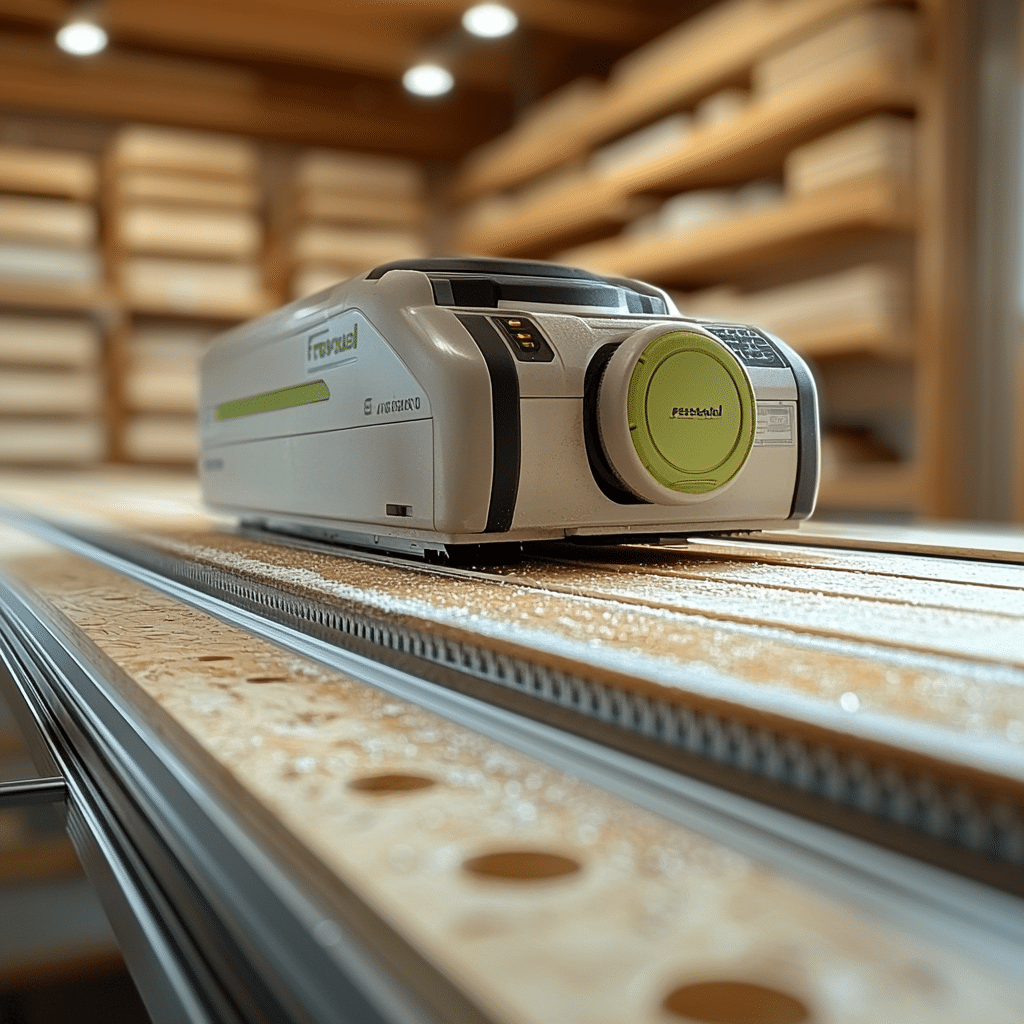When it comes to your vehicle’s health, the P0174 code is a little nugget of info that can’t be ignored. This diagnostic trouble code (DTC) signifies a lean air-fuel mixture specifically on bank 2 of a V-type engine. So, whether you’re cruising down the highway or just parked in your driveway, understanding P0174 is key to keeping your ride smooth and your engine healthy.
Ignoring the P0174 code can lead to costly repairs down the line, impacting everything from fuel efficiency to overall engine performance. Trust me; nobody likes to hear their car sputter or see that check engine light pop up! In this article, we’re diving deep into the P0174 code, exploring its causes, implications, and the steps you should consider to address the issues that arise from it. Buckle up, because it’s going to be an informative ride!
![How to Fix P0174 Engine Code in 2 Minutes [2 DIY Methods / Only $8.99]](https://www.vibrationmag.com/wp-content/cache/flying-press/Mc4ajz3DM7s-hqdefault.jpg)
Top Causes of the P0174 Code: Insights You Can’t Ignore
One of the primary culprits behind the P0174 code is a pesky vacuum leak. This could stem from cracked hoses or loose fittings, making it vital to inspect intake components for wear and tear. If you see a loose connection, tighten it up. It’s just a small fix that can save a world of trouble later.
The MAF sensor’s job is crucial—it measures the air entering the engine and sends that info to the engine control unit (ECU). If this sensor gets dirty or damaged, that data gets thrown off, causing a lean air-fuel mix. Keep that sensor clean and in prime condition to prevent issues. Regular maintenance can work wonders here.
If you’re dealing with a failing fuel pump or a clogged fuel filter, your engine might not get the juice it needs. A strong fuel delivery system is vital for optimal performance. Brands like Bosch and Delphi offer dependable replacement parts that can keep your fuel system humming along smoothly.
Totally sneaky, an exhaust leak can mess with your oxygen sensors, causing them to send the wrong signals. This may lead you to think the engine is running leaner than it actually is. Regular exhaust inspections help catch this issue before it spirals out of control.
Now, if the oxygen sensor on bank 2 is past its prime, it can throw off those critical air-fuel mixture readings. Replacing aging sensors from reputable manufacturers like Denso or NTK can make a significant difference, enhancing engine performance and cutting down emissions.
Though less common, a malfunctioning ECU can misinterpret data and trigger that dreaded P0174 code. If you’ve ruled out all other potential problems, a thorough diagnostic by a qualified technician is in order.
Occasionally, glitches or outdated software can lead to errant diagnostic codes. Like, nobody wants to replace a perfectly functioning part just because the software is acting up. Staying on top of those manufacturer updates can save you from unnecessary repairs.

Exploring Related Codes: P0301, P0300, P0420, and Their Relationship with P0174
Understanding how the P0174 code interacts with other diagnostic trouble codes like P0301, P0300, and P0420 gives a clearer picture of what’s going on under the hood.

Innovative Solutions and Best Practices for Addressing the P0174 Code
Addressing the P0174 is not just about plugging a leak; it’s about a holistic approach to vehicle care. Here are some steps to take that range from preventive measures to effective issue resolution:

A Fresh Perspective on Engine Management and Code Monitoring
Don’t underestimate the P0174 code and its potential ramifications. Understanding its root causes and implications, especially in relation to codes like P0301, P0300, and P0420, allows for proactive measures in vehicle maintenance. You can tackle these diagnostic codes head-on!
As automotive technology keeps advancing, it’s crucial to stay educated about these systems and codes. The more you know, the better you’ll be at keeping your vehicle in top-notch shape. So, here’s to keeping you and your ride on the road, smooth and without a hitch!
For a more relaxed and enjoyable ride, just like listening to some Brad Paisley Songs in your car, look out for the P0174 code and others like it. Knowledge is power, and in this case, it can save you time, money, and peace of mind!

p0174: Fun Trivia and Interesting Facts
What’s in a Code?
Did you know that the p0174 code is all about the air-fuel mixture in your vehicle? It pops up when the engine control module detects a lean condition on bank 2, meaning there isn’t enough fuel compared to air. Sounds a bit like trying to make the perfect cup of coffee without enough syrups, doesn’t it? Speaking of blends, while you’re keeping an eye on your car’s diagnostics, why not also indulge in some unique ivory soap fun facts? It’s been a staple since the 1800s, known for floating on water, making it a favorite for playful bath time! Just like you’ll want to keep your engine running smoothly, soap’s simple formula has kept it a go-to for households for ages.
Tinkering with Troubles
When troubleshooting a p0174 code, remember it’s not just about fixing the issue at hand but understanding what led to it. Ever heard of cast the end? It reminds us that sometimes what’s broken may not be as clear as we think. Just like there’s a fascinating story behind every movie cast, there’s a whole history with your vehicle that can lead to such codes. You might feel like Donatello from the Donatello Ninja Turtle saga, getting down and dirty with mechanic work, but you’re actually stepping into a much larger narrative of car care. Keeping your vehicle in top shape means exploring all possible causes, right down to clogged fuel injectors.
A Deep Dive into Diagnosis
On your car’s journey, misdiagnosing a p0174 could lead you further astray. That’s a bit like jumping into something wild without knowing the whole story, similar to how Cid Kagenou explores the life of a powerful figure in a whole new way. Engaging with your vehicle’s symptoms can help you avoid pesky repairs and hefty bills down the line. And let’s be honest, you wouldn’t want to feel like you’re constantly cleaning up after your ride, just like someone trying to manage their collection of tatuajes para hombre without proper care! Keeping your car’s system balanced is key, so dive deep into understanding the maintenance needed to keep everything running smoothly.
So, next time you see the p0174 code, keep these bits of trivia in mind. Whether you’re a DIY enthusiast or just curious about car mechanics, understanding its meaning and implications can help you navigate the world of automotive care with confidence. Plus, it’ll give you some cool discussion points next time you’re down at the garage or even around the neighborhood!

































